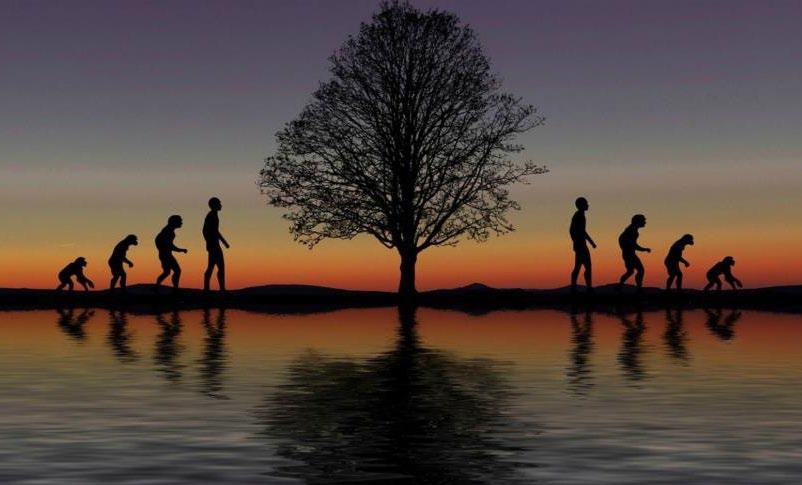
3 minute read
Tourism post corona
By Juliana Juma, MPRSK
12th January, 2021 will be a memorable day for the Kenyan Twitterverse. The reason? British supermodel Naomi Campbell had been named Magical Kenya International Ambassador. The hue and cry from Kenyans on the platform was instantaneous.
Advertisement
A section of users called for the resignation of Tourism Cabinet Secretary, Hon. Najib Balala, while others gave a myriad of suggestions for a candidate “best suited” to be the country’s brand ambassador. Beyond these reactions however, such a situation has created an environment to compel all Kenyans, besides tourism industry players and public relations practitioners to become actively involved in the re-invention and subsequent adaptability of the tourism industry to weather the ravages of the COVID-19 pandemic.
Effects of the Pandemic on the Kenyan Tourism Sector
It goes without saying that the tourism industry was the hardest hit sector in Kenya’s economy, with losses just shy of the 90-Billion-shilling mark between March and December 2020. The aviation industry was also heavily affected due to the globally constituted lockdown measures. Hotel room revenues went down drastically and most socially-driven leisure activities were curtailed. The Meetings, Incentives, Conferences and Exhibitions (MICE) sector had its fair share of a negative impact as numerous events were cancelled with projections of losses running into Ksh. 163.56 Billion. This is among many other sectors that have suffered a ripple effect from the reduction in travel. Many hotel workers in various parts of the country were not spared either and various hotels ended up either suspending operations or entirely closing up shop and sending staff home, some on unpaid leave.
Key attractions {flora and fauna} on which tourism is founded were and still are in peril. Revenues realised from tourism are channelled towards to the salaries of the rangers that protect these natural assets. The discontinuation of this support has massively affected the protection of wildlife and created a loophole for their accelerated illegal exploitation.
Inward Solutions
When it became apparent that the pandemic would be in our midst for a while, tourism industry players increased calls to adapt inward solutions to mitigate the economic effects of the virus. Economic stimulus packages aimed at reviving various sectors were deployed. The Government of Kenya set aside 500 million to cushion the tourism industry against the pandemic while at the same time encouraging local travel contingent on the easing of inter-county movement restrictions.
Suffice to say, domestic travel has seen a marked rise with many hotels across the country adjusting their rates to encourage local occupancy and many tour companies going above and beyond to create reasonably affordable memorable experiences for their clients. In response to the pandemic, the digital space suddenly became a force to reckon with. Tour companies and hotels rapidly adapted and began tapping into the “influencer market” to foster partnerships with various social media influencers to market their service/product offerings. Self-contained properties also quickly became the preferred mode of enjoying a trip with the assurance of minimal-to-no interactions with other travellers thereby greatly reducing any health risks.
The rise of creative travel package niches also saw the entry of “work-cations” as a public relations concept aimed at creating an environment that allows one to work even while on vacation. Throw in a children’s e-learning environment and you have a reason to take the whole family on vacation for extended periods of time, at a reasonable cost.
On a global level, star athletes such as Eliud Kipchoge and Brigid Kosgei were engaged to endear Kenya as the topof-mind destination of choice for both international travellers and investors. In light of all these steps, however, much more needs to be taken into consideration if any of the tourism recovery strategies are to succeed.
Tourism Post Corona
The inevitable disruption that the pandemic has caused has meant that many industries including tourism have had to quickly develop strategies based on resilience and sustainability. These two words are increasingly becoming part and parcel of economic recovery approaches and long-term conversations moving forward.
According to a recent survey commissioned by the Kenya Association of Travel Agents (KATA) assessing the readiness of travellers to travel post-COVID-19, most travellers need





